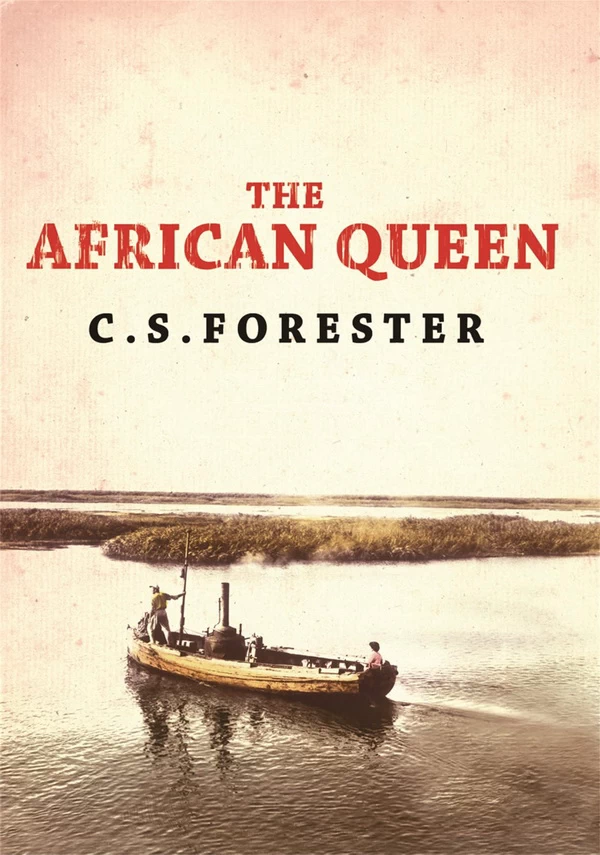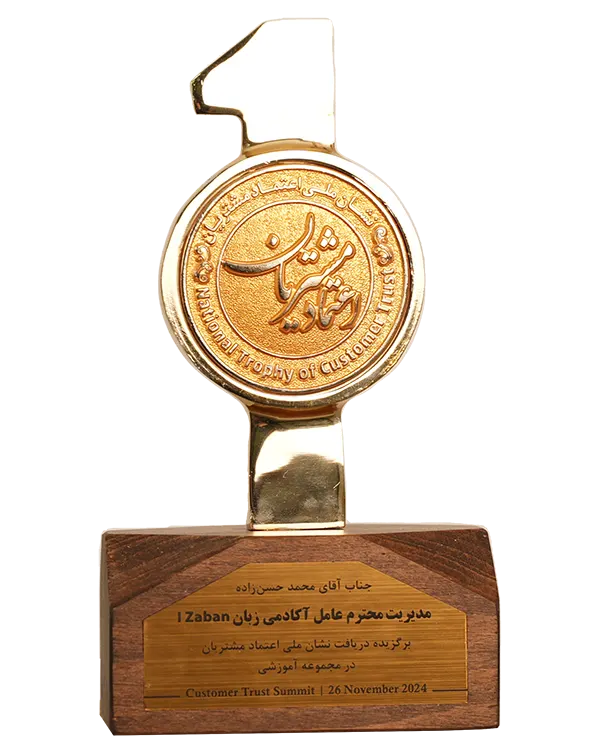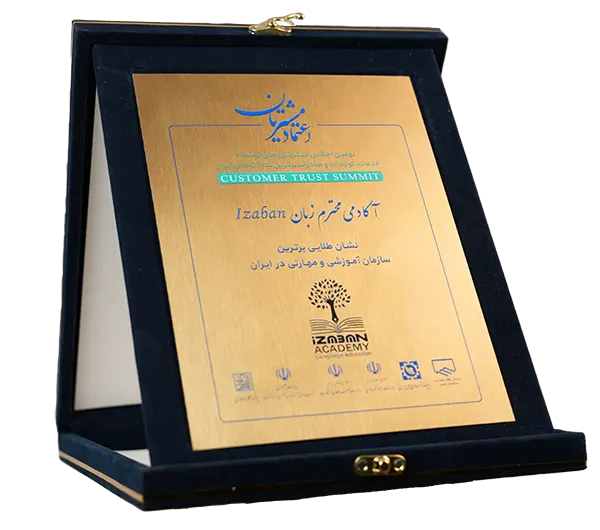“The African Queen,” written by C.S. Forester and first published in 1935, is a gripping adventure novel set against the backdrop of World War I in Africa. The story centers around two unlikely companions—a prim and proper Englishwoman, Rose Sayer, and a rough, hard-drinking American, Charlie Allnut—who embark on a dangerous journey through the jungles of Africa. The novel explores themes of courage, love, redemption, and personal transformation. Through the characters’ evolving relationship, Forester weaves a tale of survival and resilience in the face of adversity. In this article, we will delve into the main themes of The African Queen, the character development of its protagonists, and its impact on readers.
Plot Summary of The African Queen
The story takes place during World War I in German East Africa, where the British missionary Rose Sayer and her brother, Samuel, run a small mission station. The peaceful life of the Sayers is disrupted when the Germans invade and Rose’s brother dies. Left alone in the wilderness, Rose meets Charlie Allnut, a coarse, unrefined American who runs a small steamboat called the African Queen.
Although they come from completely different worlds—Rose is a prim, religious woman, and Charlie is a brash, heavy-drinking man—circumstances force them to join forces. Rose, motivated by her desire to avenge her brother’s death, convinces Charlie to help her launch a bold plan to attack a German warship. The two embark on a perilous journey down the river, facing dangerous wildlife, treacherous rapids, and the threat of German soldiers. Throughout their journey, their relationship evolves from mutual suspicion to deep affection, leading to an unexpected romance.
The novel is not just a story of physical survival in the jungle but also a journey of emotional and psychological transformation for both characters, who discover strengths in each other they never thought possible.
Major Themes in The African Queen
1. Courage and Survival
One of the most prominent themes in The African Queen is courage in the face of overwhelming odds. Both Rose and Charlie demonstrate extraordinary bravery as they navigate the treacherous waters of the African river. Rose, in particular, evolves from a reserved and proper woman into a courageous and determined individual willing to risk her life for the greater good. The journey forces her to confront her fears, embrace new challenges, and ultimately grow stronger in the process.
Charlie, too, is an unlikely hero. Initially depicted as a lazy, alcohol-loving man, he reveals his own sense of duty and heroism when faced with the dangers of the journey. His willingness to help Rose, despite his initial reluctance, and his resourcefulness in navigating the harsh environment highlight the theme of survival through teamwork and determination.
2. Redemption and Transformation
Both main characters experience a deep sense of personal transformation throughout the story. Rose’s transformation is the most significant. At the start of the novel, she is portrayed as a somewhat rigid, religious woman who is defined by her role as a missionary. The loss of her brother shatters her worldview and forces her to reassess her purpose in life. By the end of the novel, Rose has undergone a profound change, from a woman who clung to the safety of her previous life to someone who can take bold risks for love and adventure.
Charlie’s transformation is more subtle, but no less important. Initially, Charlie is depicted as a man who seeks solace in alcohol and avoids responsibilities. However, as he partners with Rose on the dangerous mission, he learns to step up and face his fears. His growing affection for Rose and his sense of duty to her inspire him to become a more honorable and selfless person. Their shared experience of survival and triumph over adversity leads to a redemption of sorts for both characters.
3. Love and Companionship
The theme of love plays a pivotal role in the development of the story. Rose and Charlie’s relationship begins with mutual distrust and a lack of understanding. Rose initially views Charlie as an uncouth, rough-around-the-edges man, while Charlie finds Rose’s prim demeanor and religious convictions irritating. However, as they spend more time together, they come to understand and rely on one another in ways they had not anticipated.
Their growing affection for one another forms the emotional core of the story. The gradual development of their relationship—from initial antagonism to deep love—illustrates the theme of companionship and how shared challenges can unite people in unexpected ways. The love story is not just romantic but also one of emotional intimacy and respect, demonstrating that deep bonds can form even in the most unlikely of circumstances.
4. The Effects of War
Set during World War I, The African Queen also explores the impact of war on individuals and the world around them. The novel reflects the backdrop of conflict, with the German forces representing a constant threat. The war itself serves as a catalyst for the characters’ actions, pushing them to take extreme risks and challenging their previous assumptions about life, duty, and purpose.
The effects of the war on Rose’s life are particularly evident. The death of her brother, Samuel, in the German invasion leaves her devastated but ultimately propels her into action. Charlie, too, is motivated by the broader conflict, though he initially shows little interest in the war effort. His involvement in Rose’s plan to destroy the German warship represents his growing sense of responsibility and commitment to a cause greater than himself.
Character Development in The African Queen
The growth and evolution of Rose and Charlie are central to the novel’s plot. Their contrasting personalities and backgrounds serve as the foundation for much of the story’s drama and humor.
- Rose Sayer: At the start of the novel, Rose is a disciplined, sheltered woman who is deeply affected by her brother’s death. Her journey down the river symbolizes her emotional and spiritual journey as well. Rose’s transformation is central to the novel’s exploration of how extreme circumstances can challenge one’s beliefs and values, leading to personal growth and change. By the end of the story, Rose has shed her earlier inhibitions and embraced a new, more adventurous way of life.
- Charlie Allnut: Charlie is introduced as a flawed but likeable character. He is a man who prefers the comfort of alcohol and solitude, yet the challenges of the journey bring out his more noble qualities. Charlie’s transformation is marked by his growing love for Rose and his willingness to sacrifice for her. His journey is a story of redemption, where he learns to face his fears and embrace responsibility.
Legacy and Impact of The African Queen
Although The African Queen is primarily an adventure story, it has had a lasting impact on readers because of its exploration of universal themes such as personal transformation, love, and redemption. The novel’s rich character development and vivid portrayal of the African landscape make it both an engaging and thought-provoking read. C.S. Forester’s ability to combine action, romance, and character study has made The African Queen a timeless classic.
The 1951 film adaptation, starring Humphrey Bogart and Katharine Hepburn, helped cement the novel’s place in popular culture. The film, while taking liberties with the source material, captures the essence of the novel’s themes and the dynamic between Rose and Charlie.
Conclusion
The African Queen is a captivating tale of adventure, love, and transformation. Through the journey of its two main characters—Rose Sayer and Charlie Allnut—the novel explores themes of survival, redemption, and personal growth. The unlikely pairing of the two protagonists, along with their shared experiences in the African jungle, makes for a compelling narrative that continues to resonate with readers. C.S. Forester’s masterful storytelling, combined with the book’s exploration of universal human experiences, ensures that The African Queen remains a classic that continues to inspire readers around the world.










 نکات طلایی یادگیری زبان،
نکات طلایی یادگیری زبان، 


